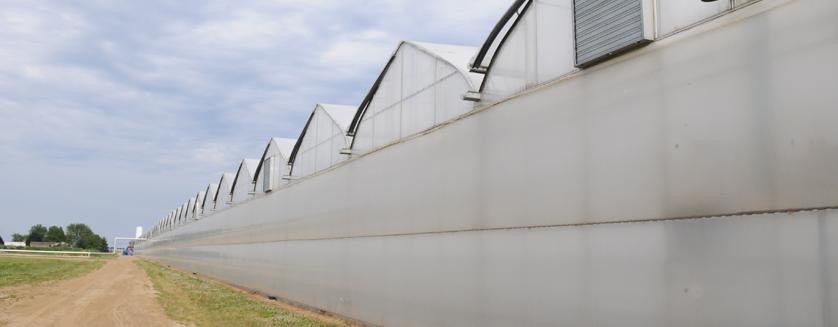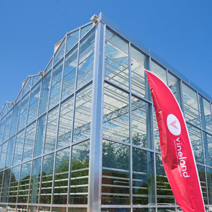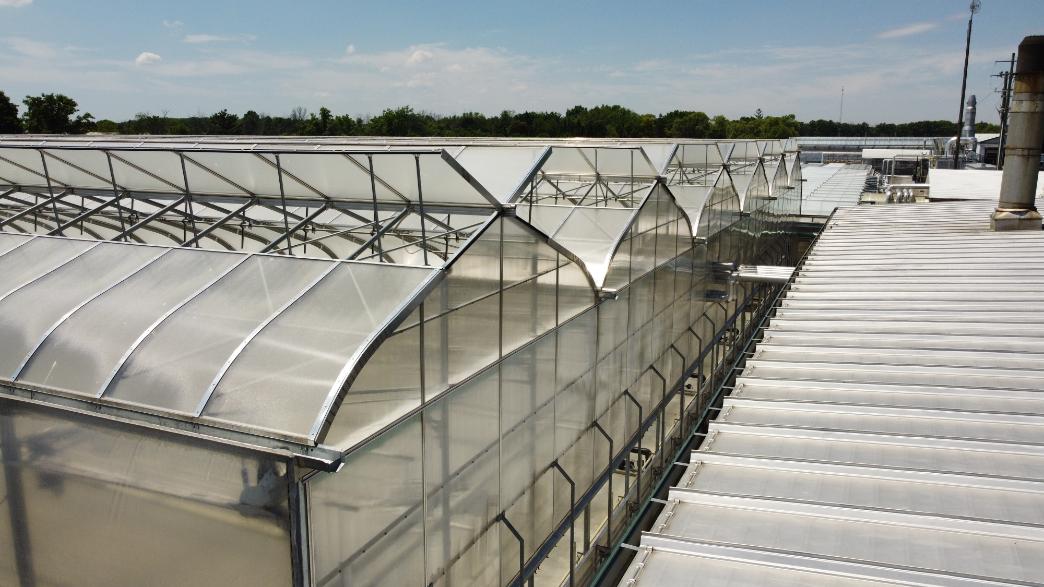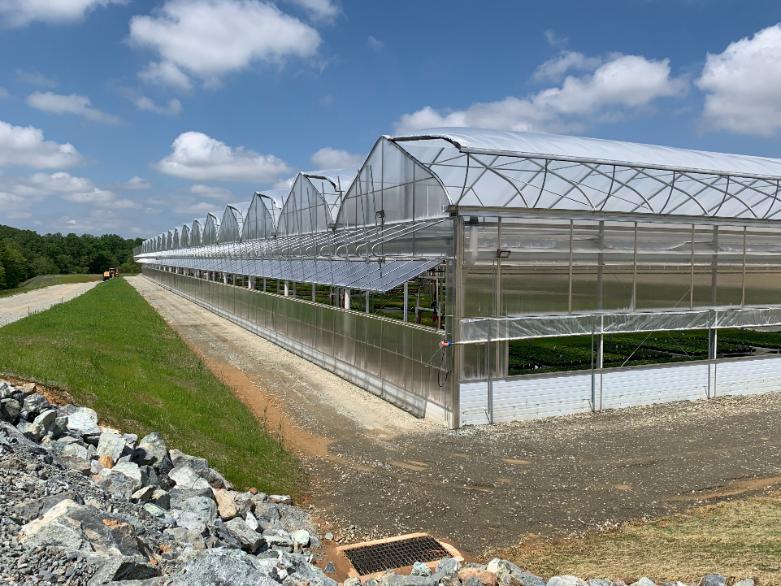5 Signs Your Workers Aren't Ready for Greenhouse Expansion
Having worked in a large greenhouse first as a laborer, then as Operations Manager/Grower for 17 years, I have a deep understanding of what it takes to build a successful team. When I became part of the GGS group and started participating in management meetings for continuous improvement, it struck me how many similarities there are between what makes a successful manufacturing operation and what makes a successful greenhouse operation. I recently read a manufacturing magazine article entitled: “5 Signs Your Workers Aren't Ready for the Manufacturing Boom”, read below and comment if you agree or disagree with me on how each of his 5 points apply to your greenhouse operation.
1. You don’t have a floor leader.
Effective greenhouse production needs great team leadership. If you are going to rapidly expand your greenhouse, these are the people that will be scheduling, training, and shifting workers around. Does any industry understand unreasonable deadlines as well as the greenhouse industry? Every day deadlines are dealt with in the greenhouse; whether it is meeting crop growth times or getting the product to the customer, these deadlines are always challenging and require a well-rounded leader. The floor leader must be in place prior to expansion and be allowed to prepare and condition the employees to face the challenges of expansion before it happens. Without the leadership capabilities at the floor level, expansion is not a real possibility.
2. You fail to properly document best practices.
With margins falling and production costs soaring, the need to run a greenhouse operation efficiently has never been more vital. Becoming more efficient isn’t an easy task and every facility dedicates time in doing so, but how often is the most efficient method document? If things are not recorded, the chance of repeating them diminishes and all that time and effort is wasted. Take time to record the new efficiencies that were discovered in the production process and as you expand mistakes will not repeated and short cuts won’t be forgotten.
3. You don’t use new technology.
Generally, older technology will not allow a larger greenhouse operation to meet deadlines or efficiency standards, but who can afford to update the technology all at once? If you have not gradually updated the technology in your greenhouse, your workers will not be equipped to meet the new demands brought on by the expansion. The best greenhouse workers in the world are at the mercy of the quality of their equipment. They can only work as fast as the equipment allows. Updated equipment gradually not only makes more financial sense, but it affords staff to get use to each acquisition and become more efficient on a machine. This should be accomplished before a large expansion. When your workers are meeting production quotas with ease, then it’s time to consider expanding.
4. The floor is the “messy” part of the business.
How does a greenhouse owner or manager decide what’s working in production and what isn’t? How are incentives designed to encourage better processes if the manager doesn’t have firsthand experience in production areas? Production is often thought of as the “messy” part of the operation and is often avoided by ownership and management. While no greenhouse operation directly profits from management being directly involved in planting, spraying or potting, the business can profit through analysis that comes from visiting the various production areas and taking a firsthand look at how things are accomplished. I would often watch a potting machine in operation and make notes of components that weren’t working properly or make a wish-list of components that would aid efficiency. This is time well-spent by management and will spawn new ideas and inventive ways to increase efficiency. As a greenhouse owner or manager you must invest time in visiting that “messy’ part of your business, for it is central to the production process and where favorable outcomes can result.
5. You don’t have a proper system for incentives and rewards.
Employees don’t come to work merely to collect a paycheck; there is also a fulfillment that comes from the desire to do something other than the mundane; a desire to have an interesting job. Management should always be mindful of the wishes of the workers and acknowledge great work when it is warranted. It is easy for management to keep a worker consistently on a job that they excel in. Make sure the employee is content with doing that chore every day; it may prove to be rewarding by breaking up the monotony. I recall when I would give a junior worker the opportunity to learn a job generally associated with a senior employee, the morale of the junior workers dramatically increased.
Do you reward employees for a job well done? Managers today are usually very efficient when it comes to disciplinary action, but what is in place for proficiency? Rewards can be simple but consistency is the key; employee moral can go in the wrong direction if they feel they are not recognized for a job well-done. Set goals for your employees and give rewards for attaining them. Increased efficiency and moral will be the outcome.
I hope you agree that all of these points listed in the aforementioned article relate directly to what makes a successful greenhouse operation. The article was written with manufacturing in mind, but it is just as credible in a greenhouse context. Plans of expansion are often considered in the future of most greenhouse operations, what is most important to note is when. Take a look at your current operation with the points I have listed in mind. Are you ready for expansion?








